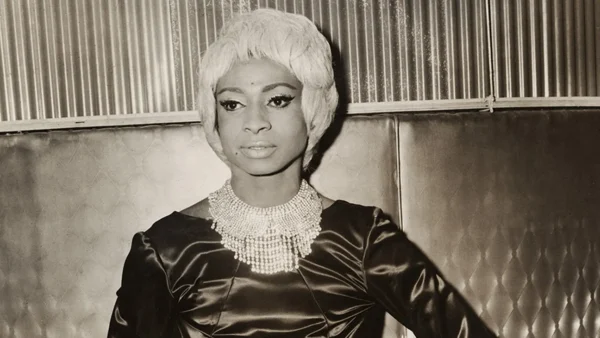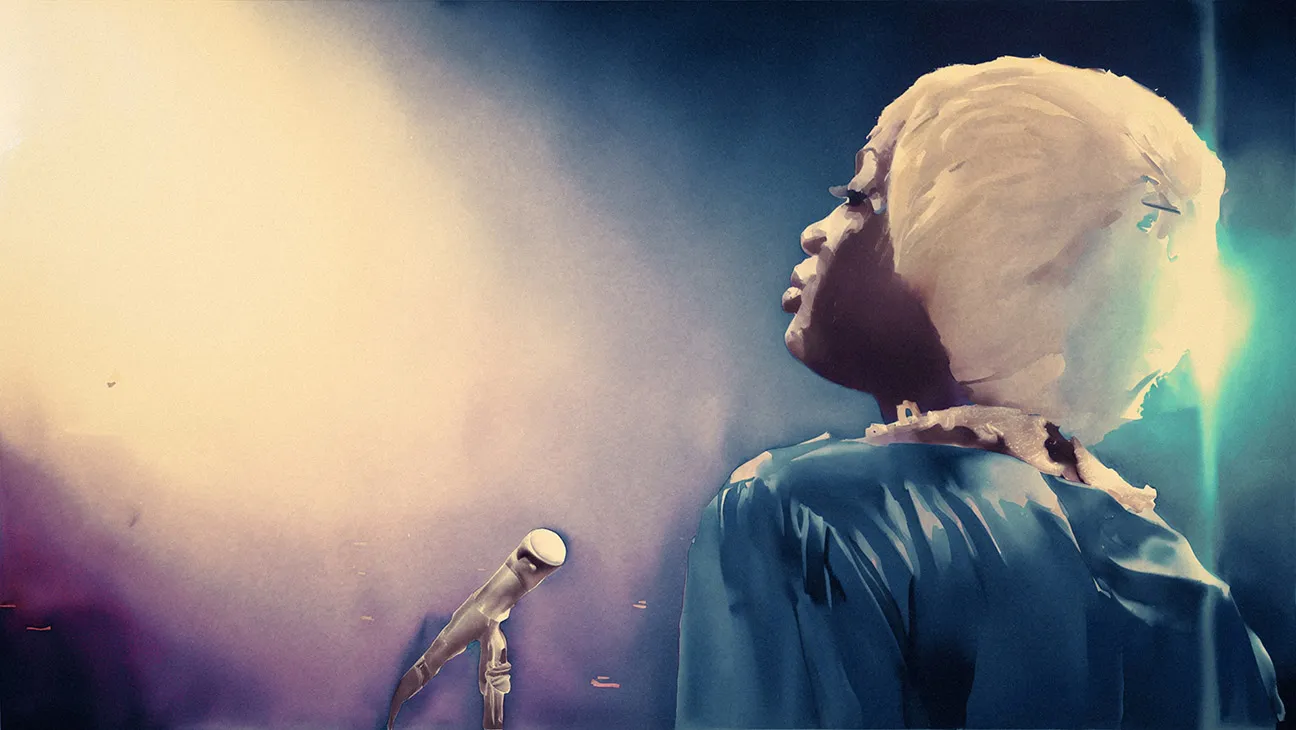
In the 1960s Jackie Shane was a groundbreaking R&B star on the rise, she dared to say the things other people didn’t say, at a time when she knew she couldnt be who she really was.
 Under those premises, and throughout the film, animated sequences that resemble watercolor paintings, illustrate about Jackie´s doings, concerns, and aspirations, from Nashville, Tennesee to Montreal and back.
Under those premises, and throughout the film, animated sequences that resemble watercolor paintings, illustrate about Jackie´s doings, concerns, and aspirations, from Nashville, Tennesee to Montreal and back.
We are told in 1971 Jackie Shane disappeared in a Cadillac and vanished and became the subject of rumors… she drowned in the ocean, she was killed in a night fight, or maybe she overdosed herself. The truth is she kept herself secluded and no one knew she existed, for several decades.
Jackie was born in America´s deep South on May 15th, 1940 as Jack Jerone Shane, a boy, the son of a 16-year-old colored and unmarried mother. His Aunt Jessie stepped up in his life and raised Jack/ Jackie, and treated her as her own child and gave her all the love she deserved and needed to become someone who would leave a mark.
In what we watch there are resonances: Jackie was advised by her mother to ignore the children when they called her sissy or any other name that was not her own. We listen to Jackie´s advice: experience life for yourself and do not be so quick to judge.
In the 1950s the term transgender wasn´t even being used and Blues (known as “Devil´s music) hit big in those days. It was a match made in heaven, blues required an understanding of the life that trans-Jackie had.
In 1963 she recorded the single Any Other Way which became a big hit, and is also the name of the documentary. Racist Toronto did not play black music then, so Jackie made history by changing that.
Self-confident Jackie Shane always did things in her terms and gave birth to the Live album, a statement of an openly queer trans black performer. She was a challenge to the discourse.
 As a celebrity, she refused to be on Ed Sullivan´s TV show and on American Bandstand cause of segregation. She made an appearance on Night Train, the famously first black TV show in America and in the world, the footage that remains is testimony of a performance of hers
As a celebrity, she refused to be on Ed Sullivan´s TV show and on American Bandstand cause of segregation. She made an appearance on Night Train, the famously first black TV show in America and in the world, the footage that remains is testimony of a performance of hers
She stood by her convictions and resisted fame, and it needed courage to sacrifice to be a global superstar. Jackie turned down all the opportunities, she chose not to do the things that you have to do to become a big star.
2017 brought headline news, “Reclusive Queer Soul Survivor Jackie Shane is ready for her comeback”. She received a Grammy nomination and an article at the New York Times Arts and Entertainment Section, a second debut.
After her death, there was her legacy. In the film we are introduced to a white room full of vintage-looking stuff, jewelry, stylish dresses…and pictures, many pictures. Also, her autobiography written in 1974 under the title Let “God” be my judge, by Miss Jackie Shane.
Due to her autobiography, writers and directors unpacked the mystery that Jackie was and we are allowed to meet her directly and intimately., Luckily, she also told her life story to the filmmakers in a series of phone conversations recorded during the last year of her life.
The film hands the mic over revealing her journey, in her own voice. Thanks for everything pioneer Jackie Shane.
This documentary was written and directed by Michael Mabbot & Lucah Rosebenberg-Lee and co -produced by Elliot Page with appearances by a group of Jackie Shane´s friends and relatives. It just premiered at SXSW Festival
Review by José Mayorga , Guatemala, Central America lawyer and notary public, visual artist, and editor of El Azar Cultural, lives and works in Guatemala City. Cinema lover, curious about the possibilities life brings and eager to live the experience.

